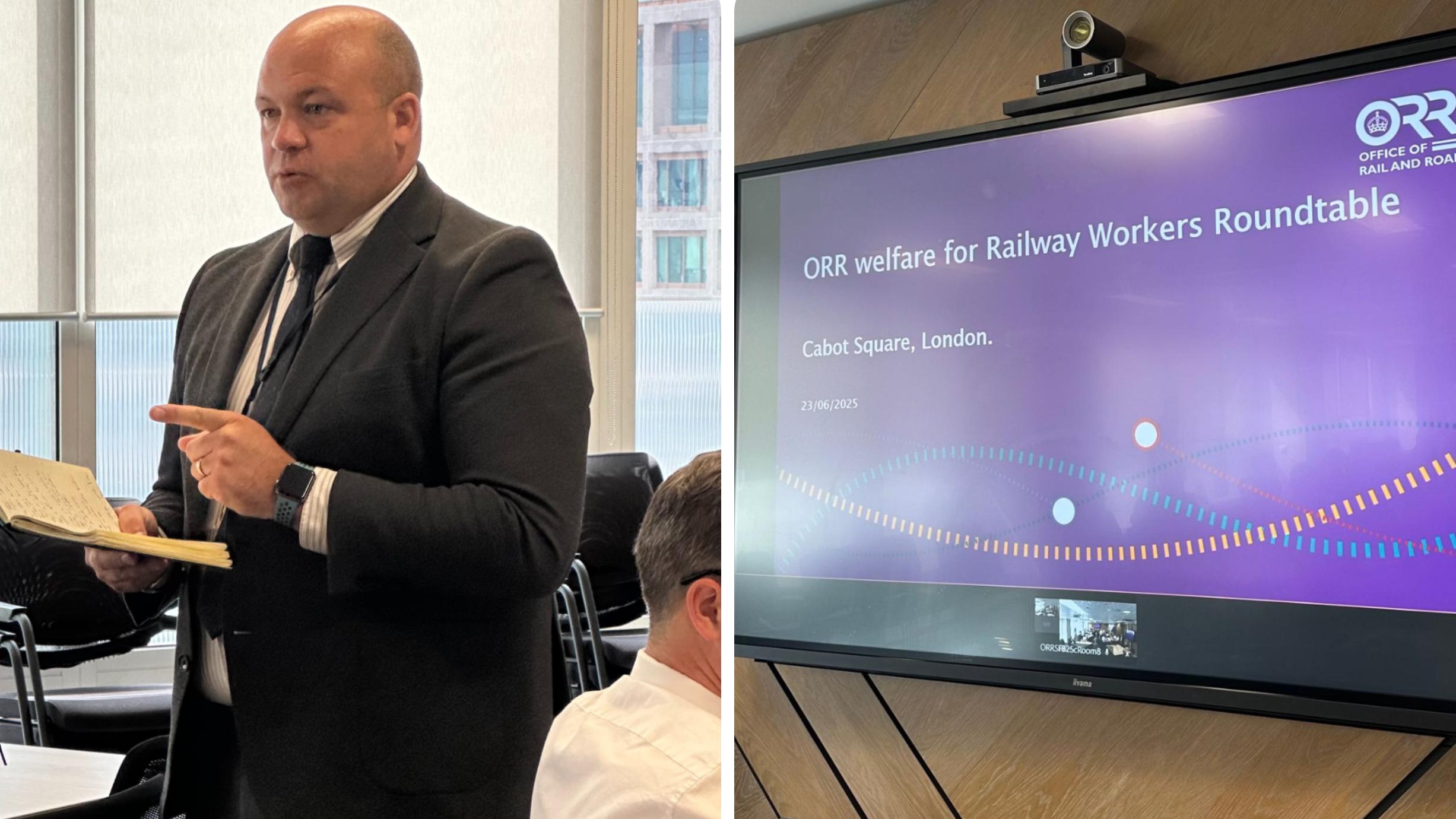
Looking after their welfare is vitally important for an industry that often requires workers to undertake safety-critical duties in remote and isolated locations, often during unsociable hours.
Operating in these environments can present many challenges for workers, including securing access to appropriate welfare facilities, such as toilets.
Last year’s Dignity for Drivers report, published by Aslef, highlighted some of the ‘practices’ that train drivers had to adopt in the absence of access to suitable welfare facilities in the course of their work. It made for uncomfortable reading. But it’s even more uncomfortable for those who have to work in this way, which also includes lineside workers and others in supporting frontline roles.
These issues are not new and are well understood by industry, and I was pleased to bring senior rail industry leaders and our four main unions together to get a better understanding from each other as to what the challenges are and what improvements we can make.
While we acknowledged that investment in welfare provision across the rail network has seen tangible improvements over time, we also recognised that further work is required, and that a more coordinated and collaborative ‘whole-system’ approach would accelerate improvements. We’re currently working with key stakeholders to create a prioritised action plan to define next steps following the event.
We’ve committed in our 2025/26 business plan to inspect welfare provision across the system as part of our frontline activities. This will ensure continued focus and better clarity of what is happening, and hopefully improving, for rail staff.
It is vitally important we see plans for positive changes in the short, medium and longer terms because to evolve our culture and build a more diverse and inclusive railway workforce, we have to make sure that the fundamental enabling foundations are in place. Access to appropriate welfare provision is one such feature.

